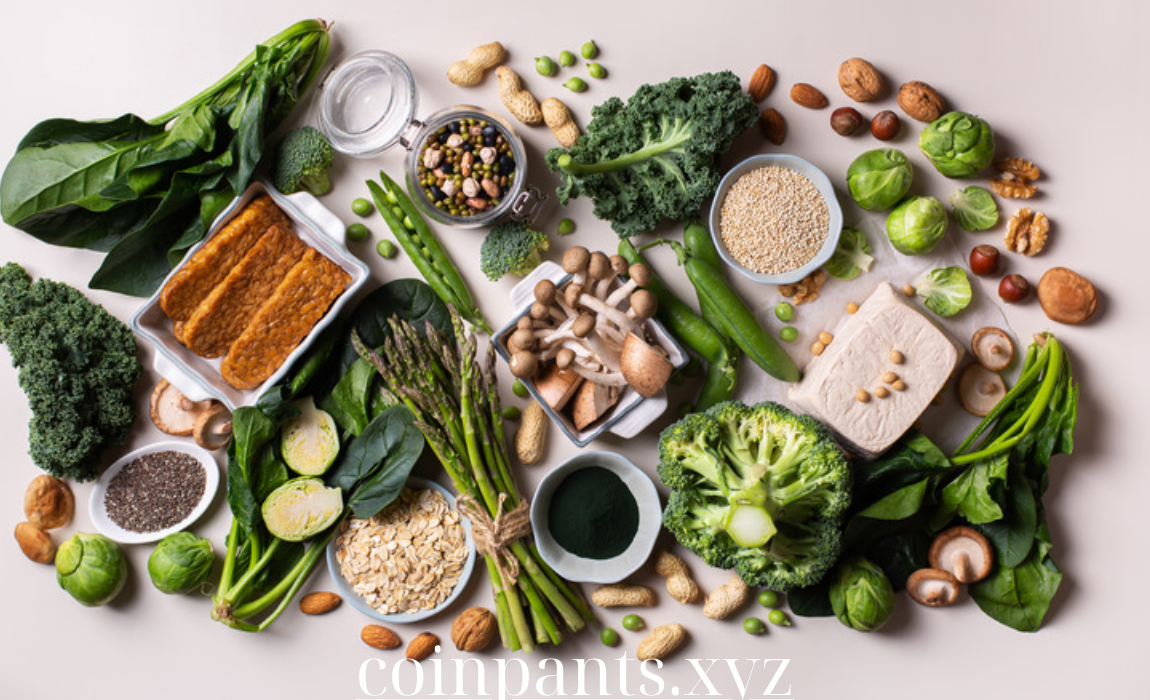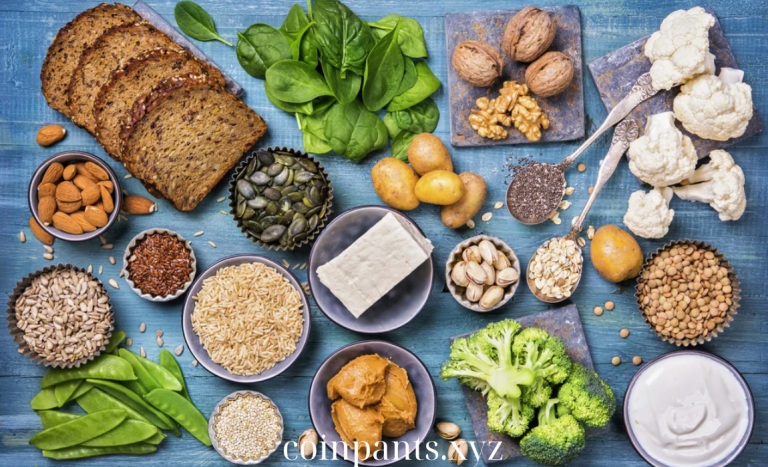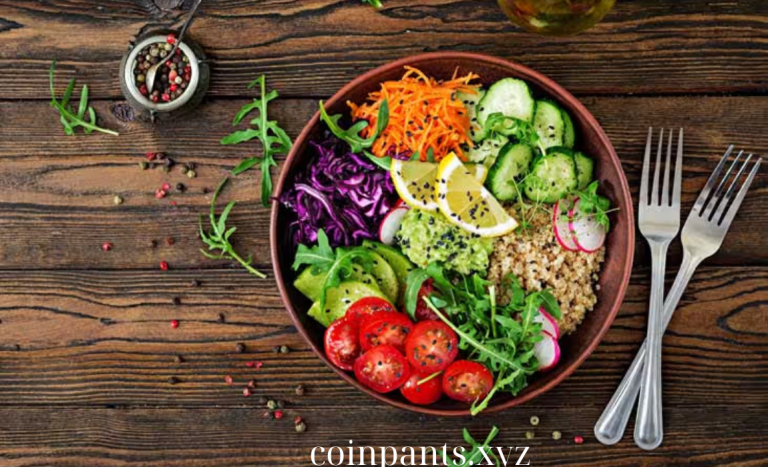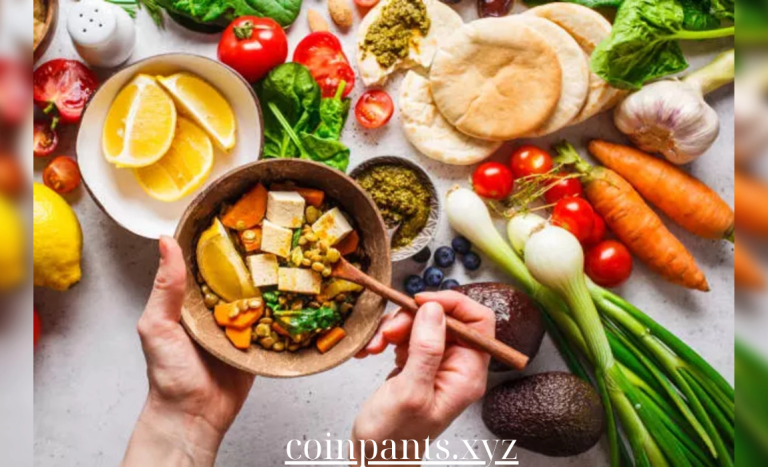
A vegan diet, when properly planned, can provide all the essential nutrients needed for optimal health. However, eliminating animal products means it’s important to be mindful of getting enough protein, vitamins, minerals, and healthy fats. With thoughtful planning and a variety of plant-based foods, you can ensure your vegan diet is both balanced and nutritious. Here are some essential tips to help you achieve optimal nutrition on a vegan diet.
1. Prioritize Protein from Plant Sources
One of the most common concerns about vegan diets is whether they provide enough protein. While animal products are high in protein, there are plenty of plant-based sources that can meet your daily protein needs.
- Good plant-based protein sources: Lentils, chickpeas, black beans, quinoa, tofu, tempeh, seitan, and edamame are all rich in protein.
- Complementary proteins: To ensure you’re getting all nine essential amino acids, combine different plant proteins throughout the day, such as rice with beans or hummus with whole-wheat pita.
Tip: Include a protein-rich food in every meal, aiming for at least 50–60 grams of protein per day, depending on your body weight and activity level.
2. Incorporate a Variety of Whole Grains
Whole grains provide fiber, B vitamins, iron, and magnesium, all of which are essential for a balanced diet. They also offer a steady source of energy and help keep you feeling full.
- Whole grain options: Brown rice, quinoa, oats, farro, barley, bulgur, and whole-wheat bread or pasta.
- Nutritional benefits: Whole grains are packed with fiber, which aids digestion, controls blood sugar levels, and promotes heart health.
Tip: Incorporate a variety of whole grains into your diet to keep meals interesting and ensure you get a broad range of nutrients.
3. Load Up on Leafy Greens for Calcium and Iron
Calcium and iron are critical minerals for maintaining bone health and carrying oxygen in the blood. While dairy is a common source of calcium, there are plenty of vegan alternatives, and iron can be found in many plant foods.
- Calcium-rich foods: Leafy greens like kale, collard greens, and bok choy, as well as fortified plant milks, tofu made with calcium sulfate, and almonds.
- Iron-rich foods: Spinach, lentils, chickpeas, tofu, quinoa, and pumpkin seeds are all great sources of iron. Pairing these with vitamin C-rich foods (like citrus fruits, bell peppers, or tomatoes) can improve iron absorption.
Tip: Aim to include at least one serving of a calcium-rich food and one iron-rich food in your meals each day.
4. Ensure Adequate Omega-3 Fatty Acids
Omega-3 fatty acids are essential for brain and heart health, and while they are commonly found in fish, there are plant-based sources as well.
- Omega-3 sources: Chia seeds, flaxseeds, hemp seeds, and walnuts are rich in alpha-linolenic acid (ALA), a type of omega-3 that the body can convert into the more active forms, EPA and DHA.
- Tip: Incorporate ground flaxseeds or chia seeds into your smoothies, oatmeal, or salads to easily increase your omega-3 intake.
Tip: If you’re concerned about getting enough EPA and DHA, consider a vegan algae-based omega-3 supplement.
5. Take Vitamin B12 Supplements or Eat Fortified Foods
Vitamin B12 is crucial for nerve function and the production of red blood cells, but it is primarily found in animal products. Since it’s difficult to obtain B12 from plant foods, supplementation is often necessary on a vegan diet.
- Fortified foods: Many plant-based milks, breakfast cereals, and nutritional yeast are fortified with B12.
- Supplementation: Taking a B12 supplement is recommended for vegans to ensure adequate levels.
Tip: Aim for at least 2.4 micrograms of B12 per day, either through fortified foods or a supplement.
6. Get Enough Vitamin D
Vitamin D is important for calcium absorption and bone health. While sunlight is the best natural source of vitamin D, many people, especially in colder climates, may need to rely on fortified foods or supplements.
- Vitamin D sources: Fortified plant milks, fortified orange juice, and mushrooms exposed to sunlight are plant-based sources of vitamin D.
- Supplementation: If you don’t get much sun exposure, consider a vegan vitamin D3 supplement derived from lichen.
Tip: Get your vitamin D levels checked regularly, especially in the winter months, to ensure you’re meeting your needs.
7. Eat a Variety of Colorful Fruits and Vegetables
Fruits and vegetables are packed with vitamins, minerals, antioxidants, and fiber, making them essential for a balanced vegan diet. Eating a variety of colorful fruits and vegetables ensures that you get a broad range of nutrients.
- Include: Leafy greens, berries, citrus fruits, bell peppers, carrots, sweet potatoes, tomatoes, and cruciferous vegetables like broccoli and Brussels sprouts.
- Antioxidants: These foods provide important antioxidants like vitamins C and E, which support immune function and reduce inflammation.
Tip: Try to fill half of your plate with fruits and vegetables at each meal to ensure you’re getting enough micronutrients.
8. Incorporate Healthy Fats
Healthy fats are essential for brain function, hormone regulation, and nutrient absorption. On a vegan diet, focus on getting fats from plant-based sources.
- Healthy fat sources: Avocados, nuts, seeds, olives, and extra virgin olive oil are excellent sources of monounsaturated and polyunsaturated fats.
- Nutritional benefits: These fats help absorb fat-soluble vitamins like A, D, E, and K, and they support heart health by reducing bad cholesterol levels.
Tip: Add a handful of nuts or a drizzle of olive oil to salads or grain bowls to increase your intake of healthy fats.
9. Balance Your Meals with Fiber-Rich Foods
Vegan diets are naturally high in fiber, which is essential for digestive health, blood sugar control, and satiety. However, it’s important to balance fiber intake with adequate hydration to prevent digestive issues like bloating.
- High-fiber foods: Beans, lentils, whole grains, fruits, vegetables, and seeds are all great sources of fiber.
- Hydration: Drink plenty of water throughout the day to help your body process the fiber and keep digestion running smoothly.
Tip: Gradually increase your fiber intake if you’re new to a vegan diet, allowing your digestive system time to adjust.
10. Stay Hydrated
Hydration is important for overall health and is especially crucial when following a high-fiber vegan diet. Drinking enough water ensures that fiber moves through your digestive system efficiently and helps prevent constipation.
- How much to drink: Aim for at least 8 glasses of water a day, or more if you’re physically active.
- Other hydrating options: Herbal teas, infused water, and water-rich fruits and vegetables like cucumbers, watermelon, and oranges can also help boost your hydration.
Tip: Keep a water bottle with you throughout the day as a reminder to stay hydrated.
Conclusion
A well-planned vegan diet can provide all the essential nutrients needed for optimal health. By focusing on a variety of plant-based proteins, whole grains, fruits, vegetables, and healthy fats, you can create balanced, nutritious meals that support your overall well-being. Don’t forget to include important supplements like vitamin B12 and, if necessary, vitamin D, to ensure you’re meeting all your nutritional needs.






